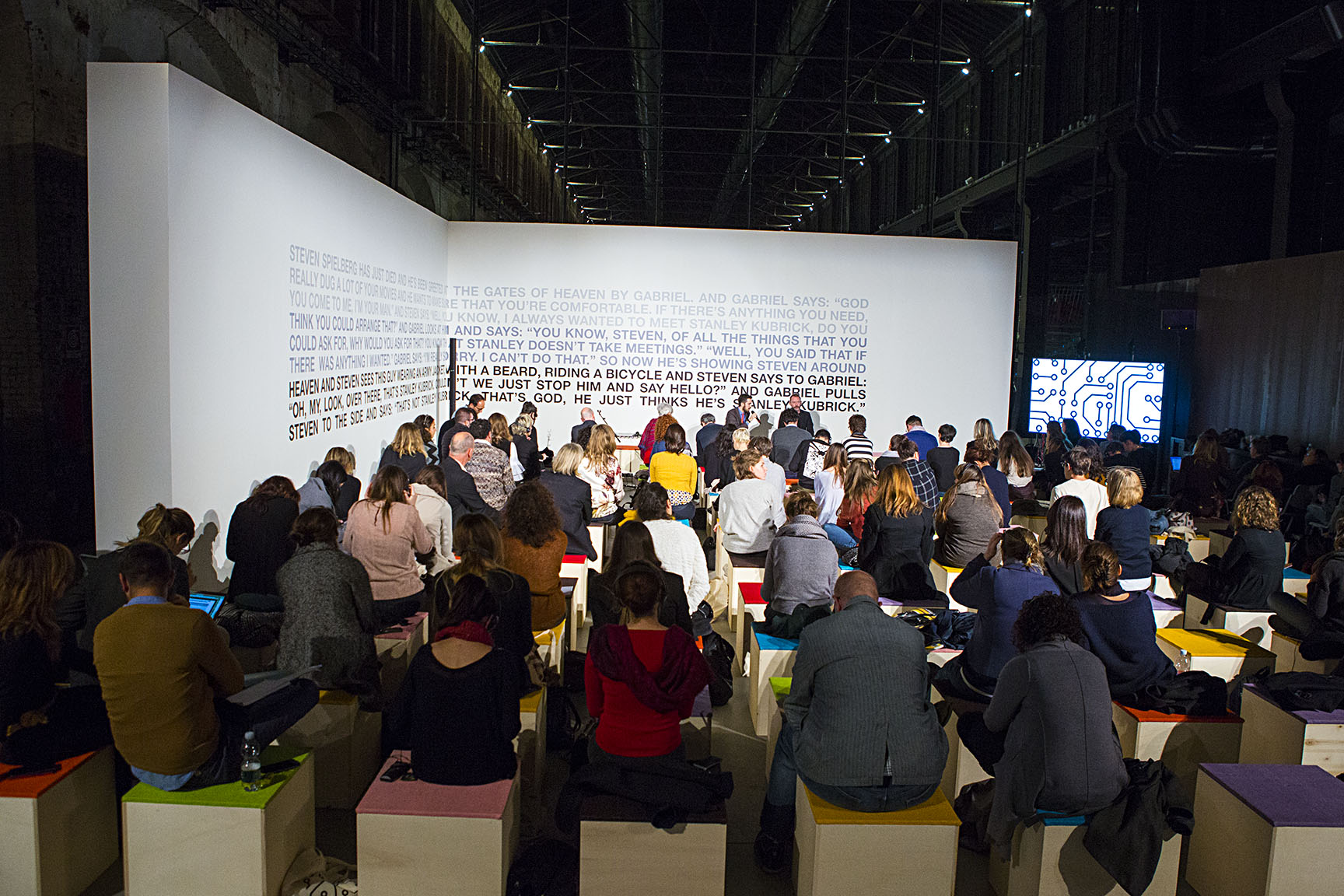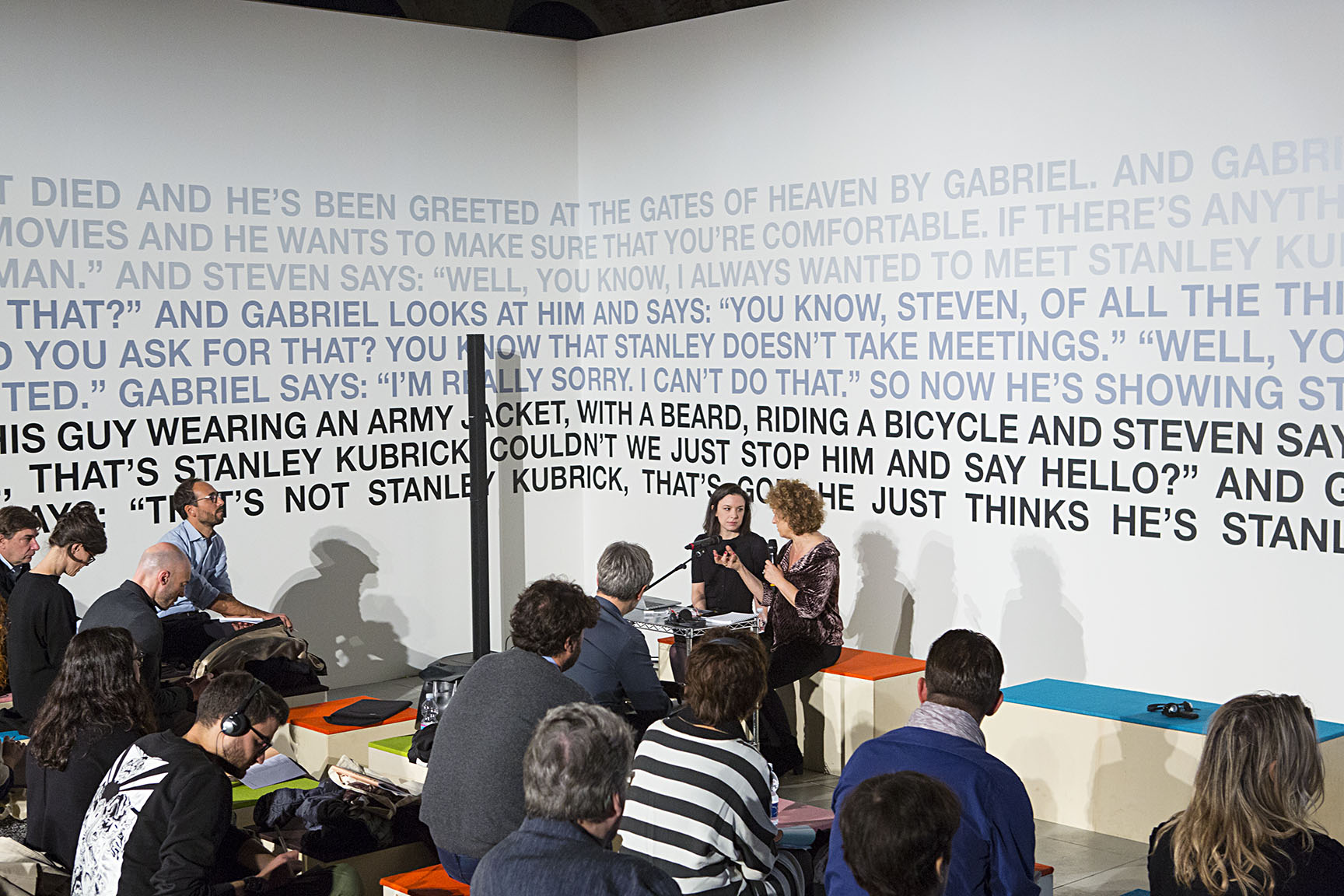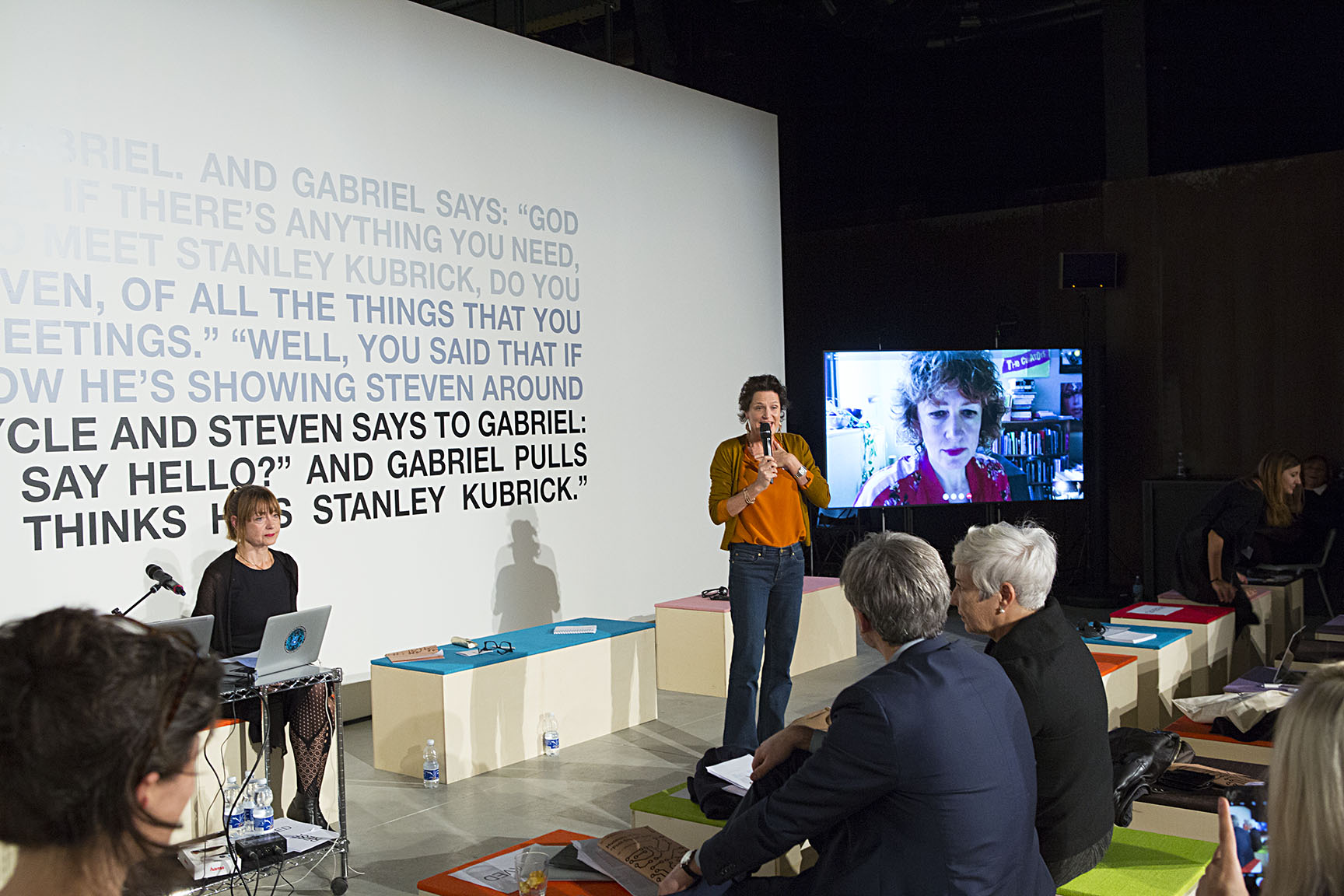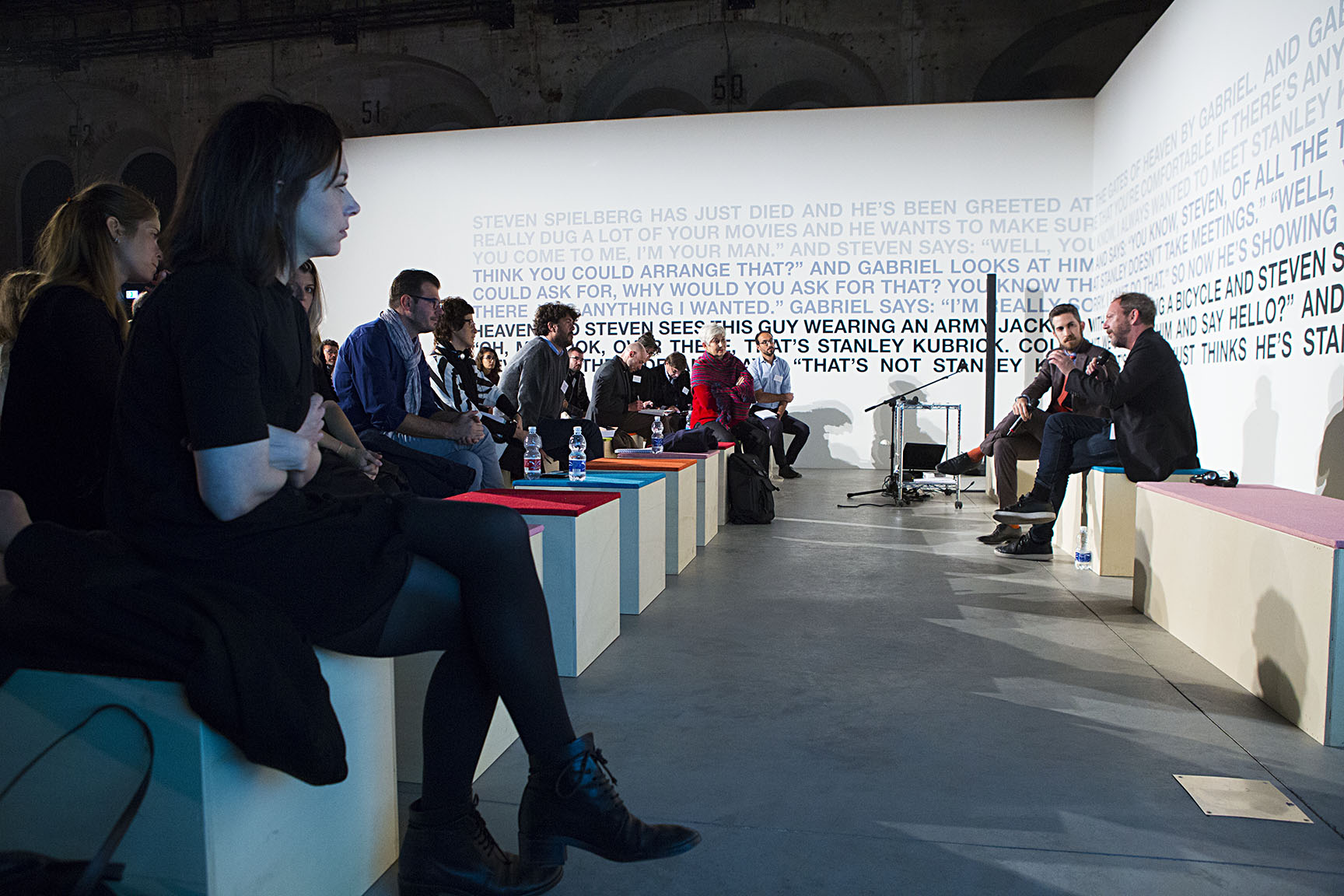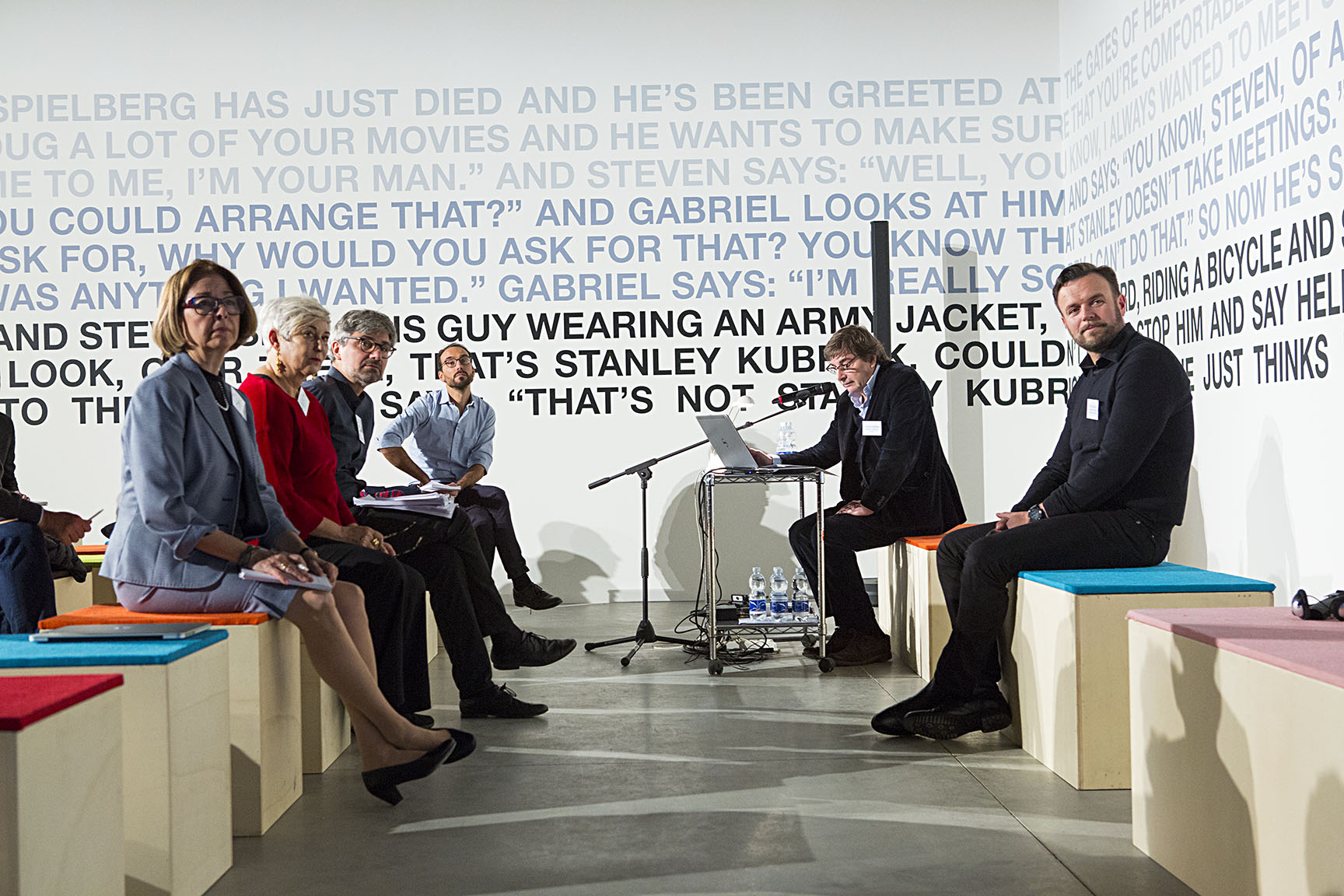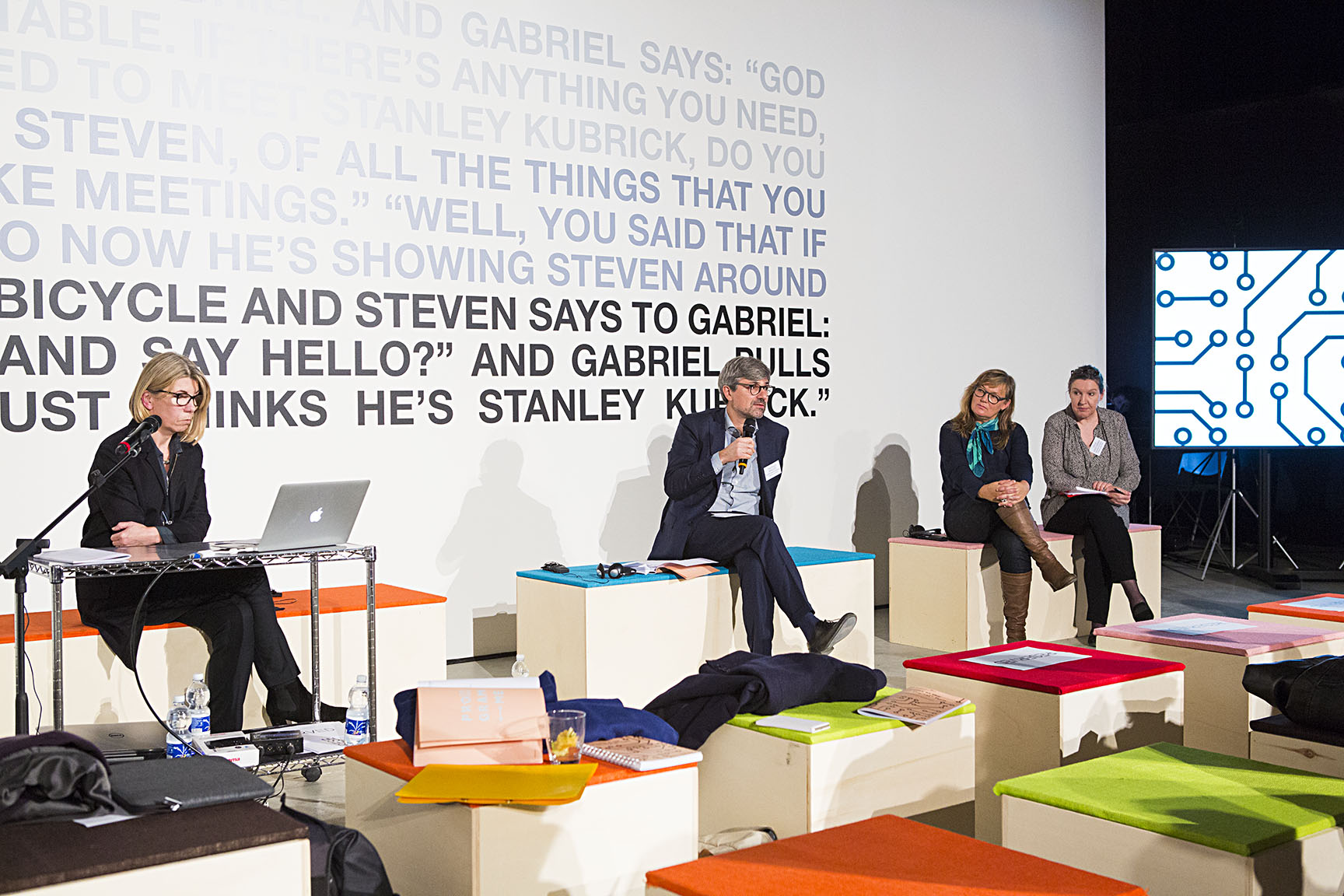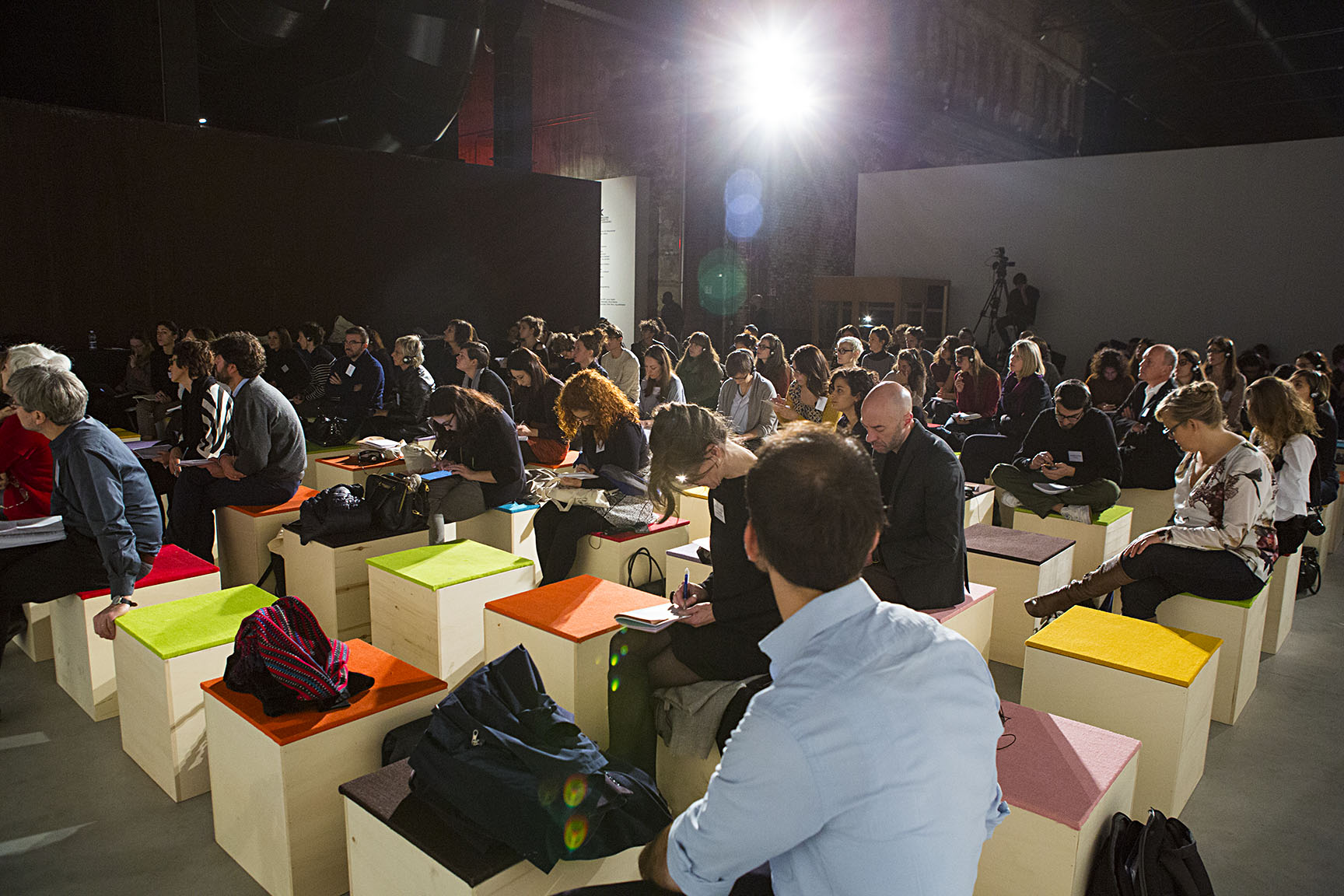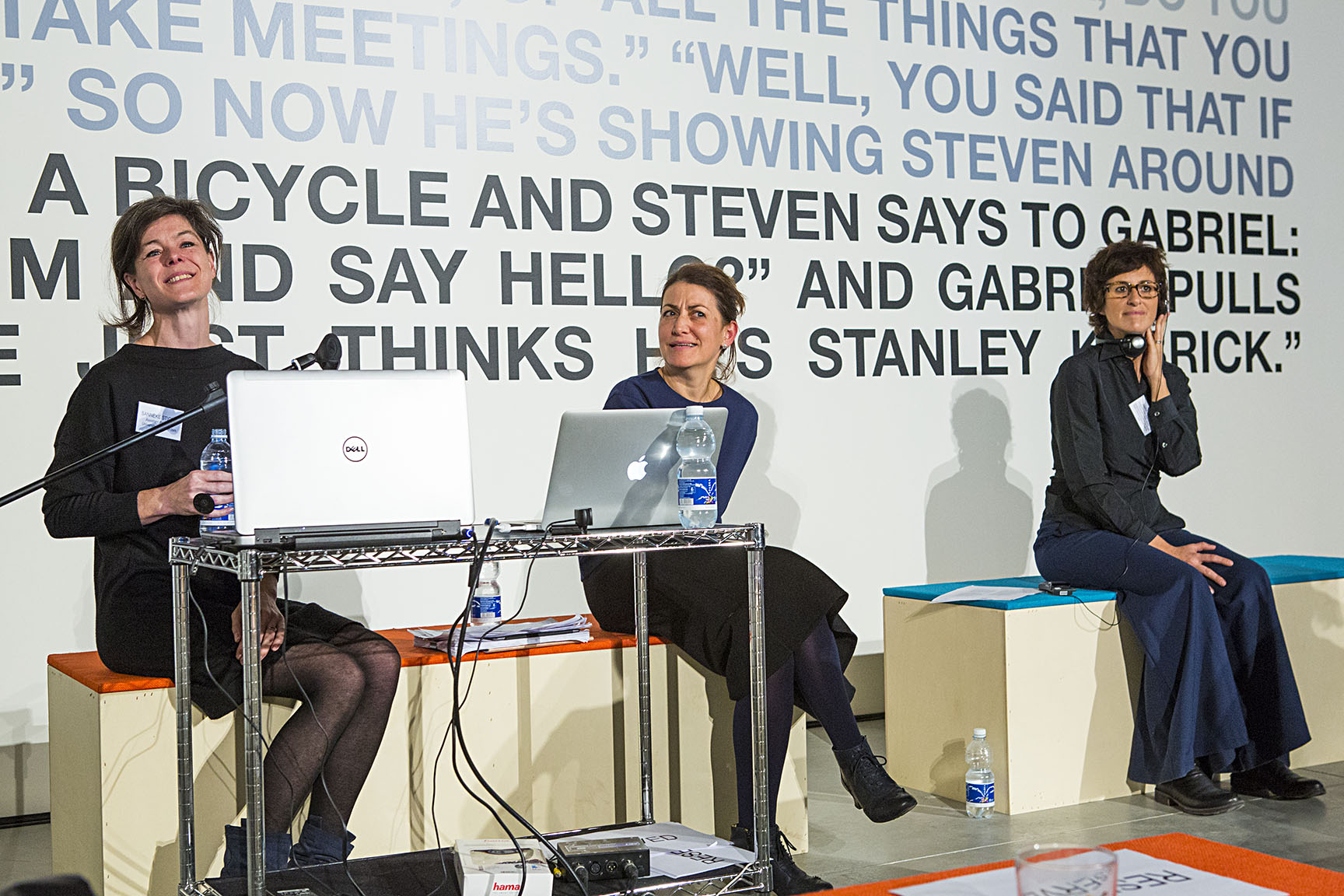Museums at the Post-Digital Turn
Museums at the ‘Post-Digital’ Turn is a major international symposium organized by AMACI – the Association of Italian Contemporary Art Museums and OGR – Officine Grandi Riparazioni to address a transversal reflection on contemporary art museums and the radical changes in the ways of producing and viewing artworks.
The symposium is a project by AMACI, curated by Lorenzo Giusti and Nicola Ricciardi in the framework of Museum Twenty-One, a brand new research platform dedicated to the transformations of the contemporary art museum. The technological revolution has placed cultural institutions before a generational challenge, calling on them to rewrite their own role and revise their own operational practices. The symposium aims to deal with a crucial aspect of our time, one which has led to a radical change in the ways of producing and viewing artworks, placing the contemporary art museum before the need for an in-depth and transversal reflection. Over the last decade, the interconnections between networks and digital mediation have become tangible components of everyday life. These dimensions have become naturalised in our way of thinking about existence in a vision of the world that envelops the totality of contemporary living, from our relationship with objects to the ramified structuring of social dynamics. Art and the art system have taken this change on board – the so-called ‘post-digital turn’ – by setting up a process of substantial transformation.
The real-time sharing of images and information via digital platforms has led to an ever more evident reciprocity between artistic productions, undermining the concept of uniqueness in favour of a principle of ‘interconnectedness’. Today, ‘online’ viewing almost always precedes that in real life (indeed, sometimes it substitutes it entirely), and an ever greater number of works appear to be created specifically to be viewed through the screen. The consequences of this phenomenon of multiplication and diffusion question exhibition conventions, the dynamics of mediation and the rhythms of production and legitimisation of the traditional platforms in favour of more immediate processes. Approval, which may be obtained much more rapidly than in the past, appears to be ever less the expression of elaborated judgements and ever more a collective issue of visibility, of the survival of the image within the web. Indeed the online sphere, in relation to the process of progressive integration between physical and digital space, emerges ever more as a material place; not a virtual zone, an alternative to reality, but also a concrete substance which permeates our everyday lives. It therefore comes as no surprise that the incursion of digital networks in the various production and viewing phases of the artwork is not corresponding to a new phase in the dematerialisation process which dates back to the neo-avant-gardes, but rather to a reinterpretation of realist and materialist thought – by artists, critics and curators – as an alternative to the postmodernist and post-structuralist approaches.
In the light of this scenario, the symposium aims to consider these central questions:
– What does the future hold in store for the museum?
– What role may the museum as an institution play in the physical space of the web?
– What changes are taking place in curatorial practices, display strategies, collecting and conservation policies, mediation techniques and teaching systems?
– How has the relationship with the public changed, and how much will it continue to change over the years to come?
– What results – in terms of approval, incidence, capacity for persuasion and criticism of museum projects – is it fair to expect from a system of viewing and ratification which is ever more ‘externalised’?
– What role may be played by the history of art over the years to come, and in what way will it interface with the ever more fluid activities of museums?
Contributors: Sara Abram, Claire Bishop, Gail Cochrane and Pier Paolo Peruccio, Lauren Cornell and Ed Halter, Lily Díaz-Kommonen, Cecile B. Evans and Carolyn Christov-Bakargiev, Claudio Germak and Stefano Gabbatore, Lorenzo Giusti, Boris Groys, Michael Grugl, Cecilia Hurley, Massimo Lapucci, Gianfranco Maraniello, Christiane Paul, Domenico Quaranta, Sanneke Stiger, Hélène Vassal, Malene Vest Hansen
OGR, Torino
03.11-04.11.2017Conference Proceedings
Mousse Publishing.
Ph: Max ZarriDate
April 12, 2017
